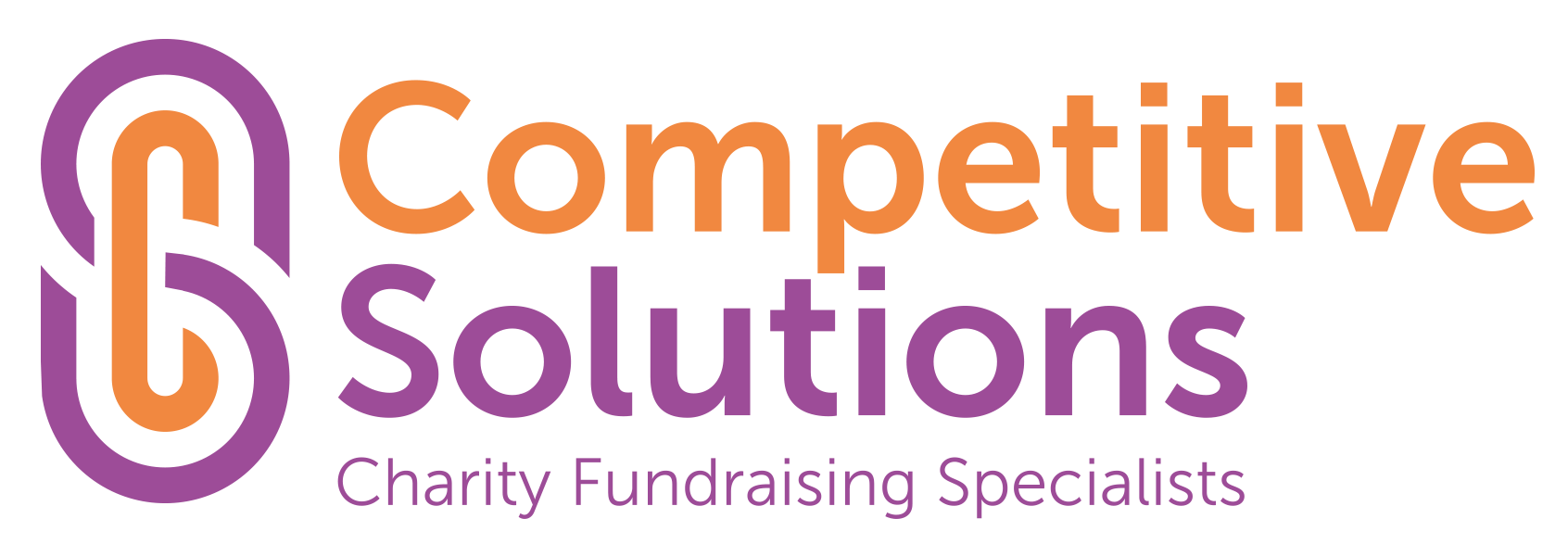New Year, New Mindset...
Creating the right mindset for Income Generation!
There are currently a lot of opinions cited on what charities should and should not do to secure income.
The advice is not always wrong or for that matter unhelpful. However, the key ingredient is ‘attitude’ or ‘mindset’. Having the determination to gain income, taking consistent action to achieve it, and having the willingness to overcome challenges will make the difference. Again, this is advice that we have all heard, so nothing new yet….
But how do we gain the right ‘mindset’? This is key to income generation. Comparing the process to taking a journey can help. For example, when going on a trip we buy a ticket, we look for appropriate luggage, we choose our clothes, we pack and label our luggage, we make transport arrangements and then we go. In taking these actions we have automatically got into the right ‘mindset’ for travelling. The same preparation processes are needed to achieve income goals.
To start the process, define your goals. Be clear about what the goals are. Is there a particular amount of income you need? Is it an income ‘stream’ that is needed over a number of years or is it for a one off purpose? Consider yourself having received the income and then spending it and observing what benefits it brings to everyone involved. Hold the feeling of ‘success’ i.e. when told in the moment that you have secured your funding. Now apply that energy to the ‘process’.
The ‘process’ referred to is important in maintaining effort, energy and motivation required. Getting the right help at this stage can make all the difference. To keep on track try and look for key steps. For example, develop ‘short goals’ that build on one another. This will allow you to ‘build success on success’. Overreaching with your goal from the outset can cause the process to lose momentum. Setting realistic expectations around what funding can be obtained and in what timeframe is important. Linked to this is ensuring that the need for a service is ‘real’ and can be evidenced.
In considering the needs of beneficiaries, ask yourself:
How do I know the need exists?
Do I have evidence of the need?
How do I engage and consult with stakeholders?
How would the service operate day-to-day?
Hard outcomes are important but consider soft outcomes, like building self-esteem and confidence.
Once the ‘need’ is established consider testing it by gaining an independent view or review. Once tested, document the evidence of need and then build up a picture of activity i.e. who will deliver the service, where it will be delivered and its frequency. Compare the ‘hours per service intervention’ to the ‘overall funding goal sum’ to understand the unit cost. Consider how best to maintain and engage beneficiaries i.e. through on-going consultations and satisfaction surveys. Then plan to sustain the service.
These are the building blocks of the ‘process’, which in themselves do not guarantee success but do bring you closer to reaching your funding generation goals. Each element of the ‘process’ can be adapted and needs to be flexible if success is to be achieved. Having your idea rejected should not prevent you from trying again and it is sometimes part of the ‘process’. Learn from it, adapt and re-engage in the ‘process’ in the knowledge that you know what it is you should avoid next time.
Whilst a specialist fundraising organisation like Competitive Solutions ‘walks’ charity leaders and management teams through these processes all the time in order to secure funding, on a personal level, to maintain levels of motivation and creativity it helps to engage in activities that contribute to strong mental health; i.e. walking, running or gentle exercise will support you in your income generation goal. As too will reading, playing board games, talking to others and taking short breaks away from work. A key factor is to stay away from computers and all technology including TV/mobile devices for short periods during your working day. Walking somewhere quiet (this works for me) will help you to stay focused on the ‘process’. In doing so, ‘short-term goals’ will be achieved and your ‘main goal’ will only be a short step to realisation.
Happy New Year and best wishes for 2019!
Michael.



